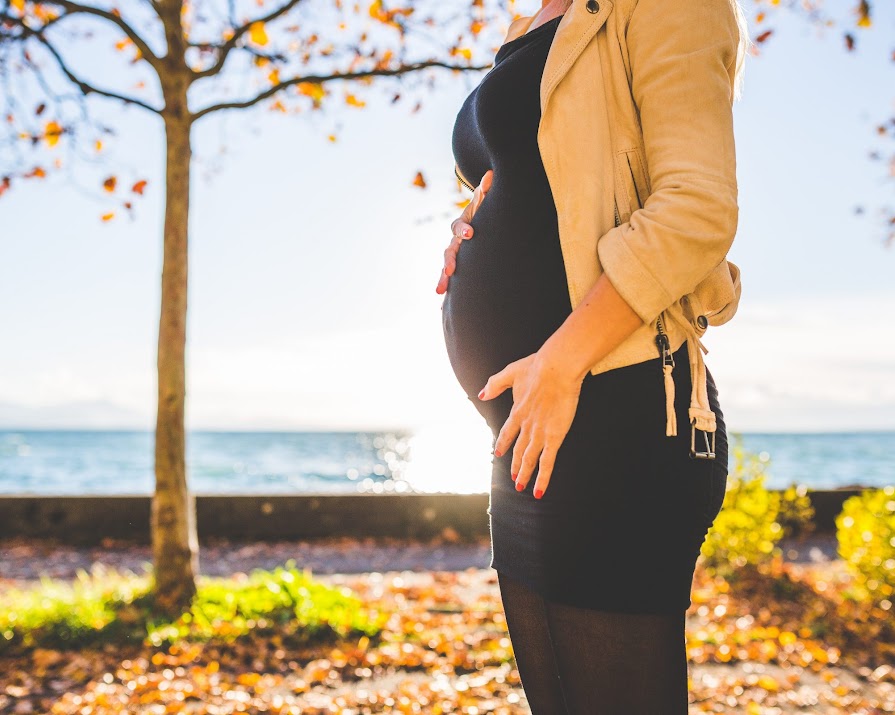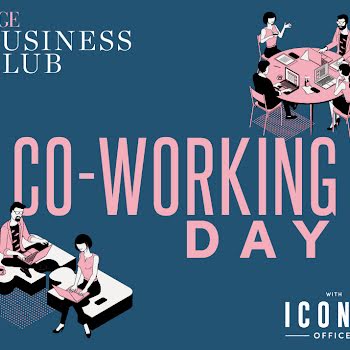
By Colette Sexton
15th Jun 2018
15th Jun 2018
Colette Sexton, news correspondent at The Sunday Business Post, on why employers need to support new mothers.
You have spent several months of bliss with your perfect little newborn (give or take a few days/weeks/months spent covered in vomit/some other kind of excrement and a severe lack of sleep) but now it is time return to work. Is the end of maternity leave something you dread or something you are looking forward to? Research from Dublin City University shows that your attitude and your employer’s attitude could have a big impact on how your return to work after maternity leave goes.
The report from DCU’s Business School, entitled Re-Engaging Talent Post-Maternity Leave: Enablers and Barriers to Positive Reintegration, found that when management viewed maternity leave as a brief break in an otherwise long-term career, women reported a positive transition back to work. However, in organisations where management acted like maternity leave was a major disruption, women were more likely to report negative experiences.
The DCU report, which was published earlier this year, consisted of in-depth interviews with staff across 28 industry leading firms and drawing on survey data from over 300 women returning to work.
In those who reported negative transitions back to work, three main issues were highlighted: career derailment, unconscious biases amongst colleagues and a deterioration of professional relationships. These problems were made worse when there was a lack of open and transparent communication between the returner and the manager.
Despite some negative experiences, women want to work after having their babies. Research commissioned by New Ireland Assurance shows the majority of women (55 per cent) want to return to work for social reasons, 47 per cent said financial incentive, and 36 per cent said they want to work to balance out their home life.
But just because they want to work, does not mean they are not worried. Released last month, the New Ireland research, conducted in conjunction with eumom, found that 77 per cent of women who return to work are concerned about work/life balance, 75 per cent are anxious about childcare, while working arrangements are a concern for half (46 per cent).
What we can learn from both the DCU and the New Ireland research is that employers can help mothers by being open and supportive from when they first reveal their pregnancies to when they come back after having their babies. Over 80 per cent of New Ireland respondents said flexible working arrangements would make returning to work easier. Other suggestions included an easing in process after maternity leave, and additional communication before leaving.
It comes down to this. This country is approaching full employment. That is fantastic, but we need to ensure that those at the top are diverse. We need more women in senior management positions in Ireland. If companies and managers treat women who go on maternity leave like pariahs before their baby is born or after they return to work, then those women will not want to work there anymore. By making women feel unwelcome or useless once they become mothers, we alienate and risk losing massive amounts of talent. We need that talent to build better companies and to act as a force for positive change in our businesses.























